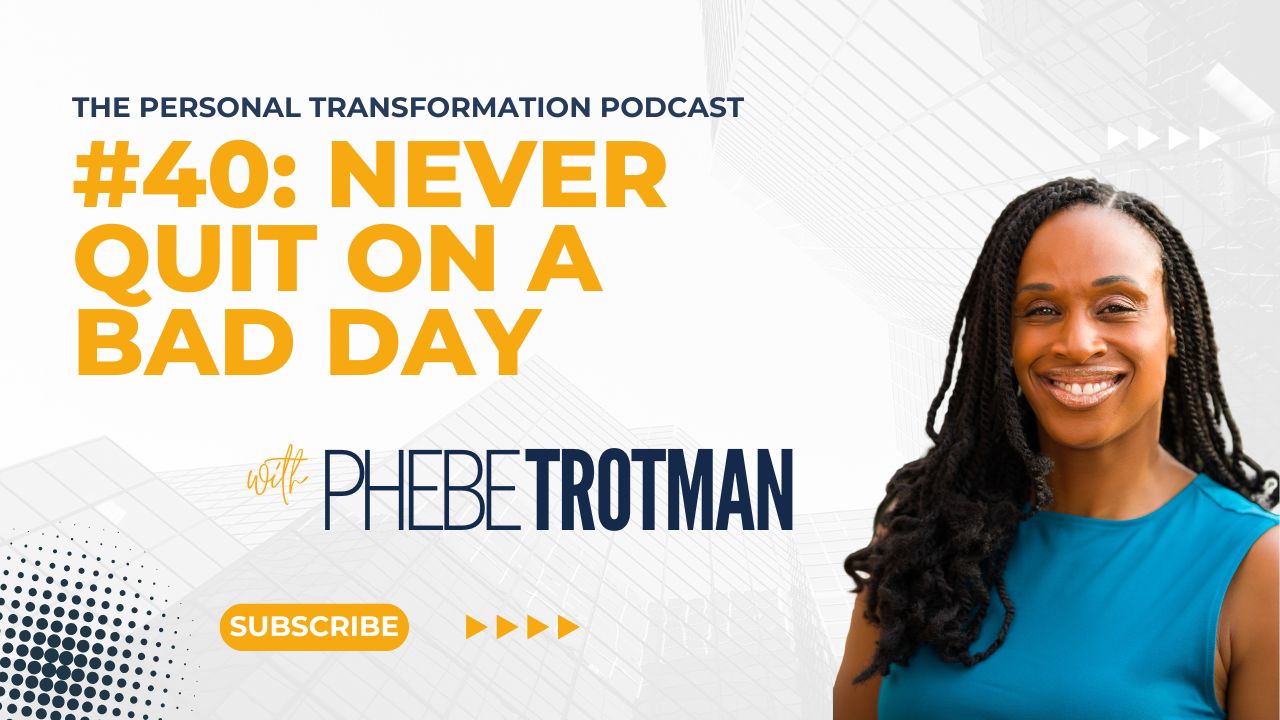In this episode of the Personal Transformation Podcast, host Dan Storey delves into the concept of mental toughness, drawing from his experiences as both a sportsman and a corporate professional.
He outlines eight key components of mental toughness and emphasizes its importance in navigating high-pressure situations effectively. Mental toughness is contrasted with mental sensitivity, with examples provided from both sports and business contexts.
Storey highlights the impact of mental toughness on individual satisfaction and engagement in the workplace, citing statistics that reveal a lack of fulfillment among employees.
Key Points:
- Mental toughness is essential for success in both sports and the corporate world. It involves the ability to control reactions and maintain composure under pressure.
- Mentally tough individuals are resilient in the face of setbacks and learn from their experiences.
- In contrast, mentally sensitive individuals may become overwhelmed by challenges and give up easily.
- Workplace dissatisfaction is widespread, with only a quarter of employees being truly engaged.
- Mental toughness can be cultivated through developing four key components: control, commitment, challenge, and confidence.
- Each component consists of two factors, such as life control and emotional control under control.
- Goal orientation and achievement orientation are crucial aspects of commitment.
- Stepping outside of one’s comfort zone and embracing learning opportunities characterize the challenge component.
- Confidence in abilities and interpersonal confidence are vital for influencing outcomes and working effectively within teams.



Leave A Comment